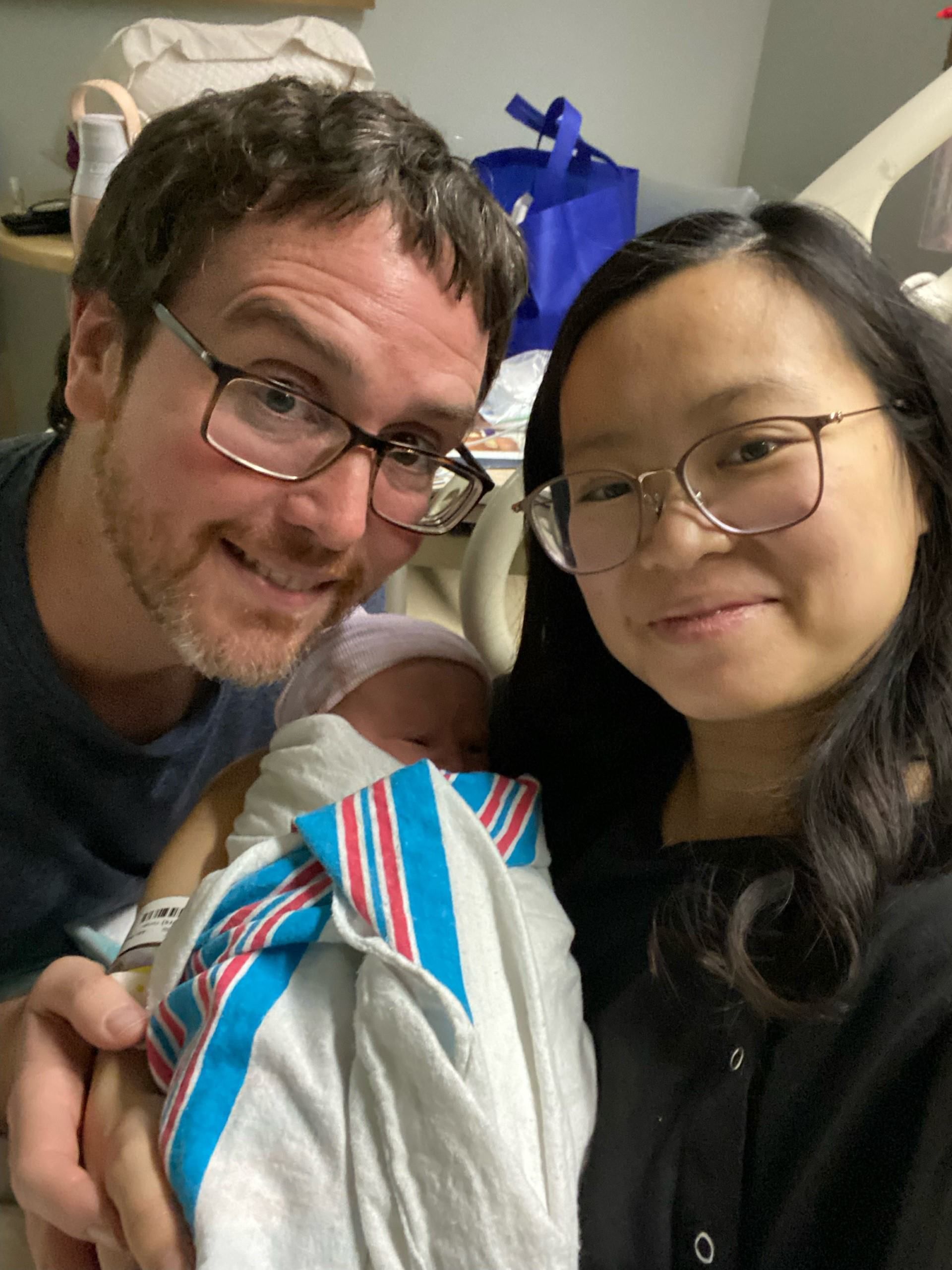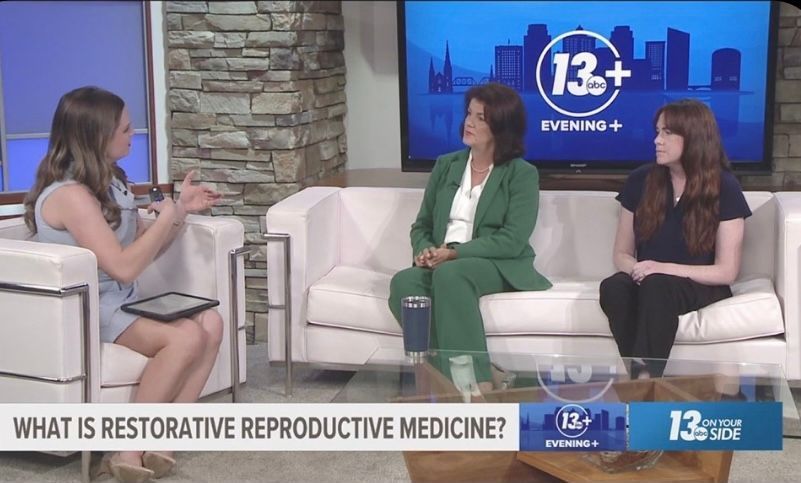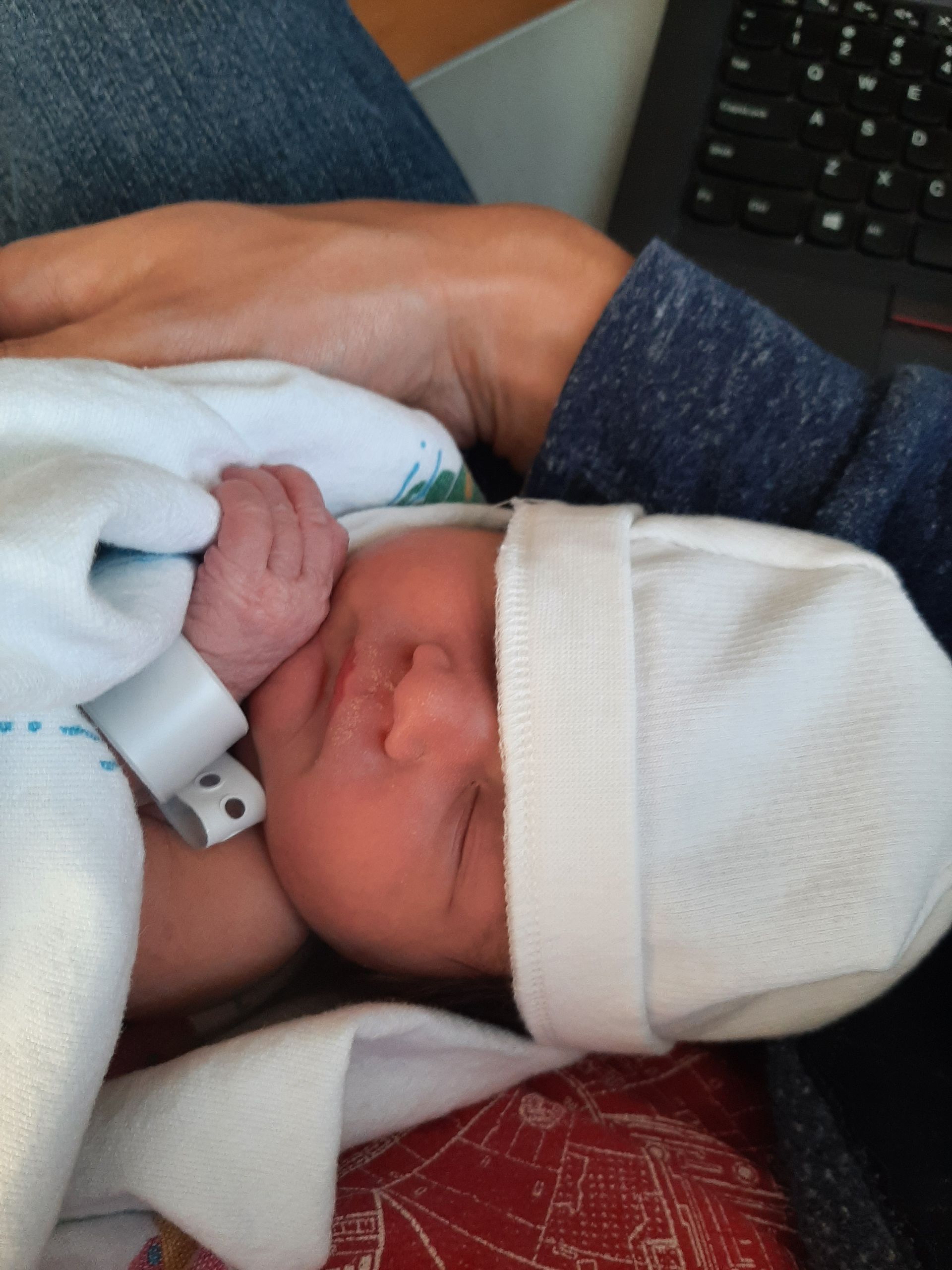Quite often our patients ask us about complementary natural approaches to fertility enhancement, such as acupuncture and abdominal-pelvic fertility massage.
Natural healing therapies focus on helping the body attain a state of balance from within. Key to this balance is proper blood circulation throughout the body. Optimizing circulation may help the body restore and repair itself.
Problems with blood flow
A number of things can negatively impact blood flow in the body: adhesions from accidents, previous infections or surgeries (internal scar tissue), organ displacement (yes, they can move out of position, especially the uterus), bony structural misalignment, and inflammation all can be factors. When blood flow is restricted, this may mean that oxygen and vital nutrients are not being properly delivered to all parts of the body.
Why is this important for fertility?
In addition to oxygen and vital nutrients, blood carries hormones throughout the body—including to and from the brain and reproductive organs. This means when blood flow is restricted, hormone imbalances may occur. This can happen in both men and women.
How can complementary therapies help?
Natural bodywork therapies such as acupuncture and abdominal-pelvic massage work to bring the flows in the body into balance. In keeping with the Reply’s Cooperative Approach to care, these natural therapies focus on finding and treating the root cause of the body’s imbalance. They may help increase blood circulation and transport of hormones, mobilize reproductive organs, and help balance the musculoskeletal system. A healthy, balanced body plays a vital role in fertility for both women and men.
Want to learn more? Join us at Reply’s First Tuesday event on May 2, “The Cooperative Approach to Infertility.” The presentation is free but space is limited; click here to RSVP.
Donna Zubrod MBA, MSc, LMBT, CD(DONA), Doula, Licensed Massage Therapist, & Certified Arvigo® Therapy Practitioner is a Reply Fertility Educator and frequent contributor to the Reply Blog.











